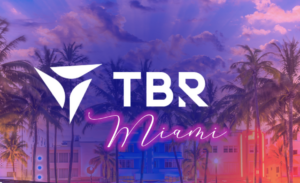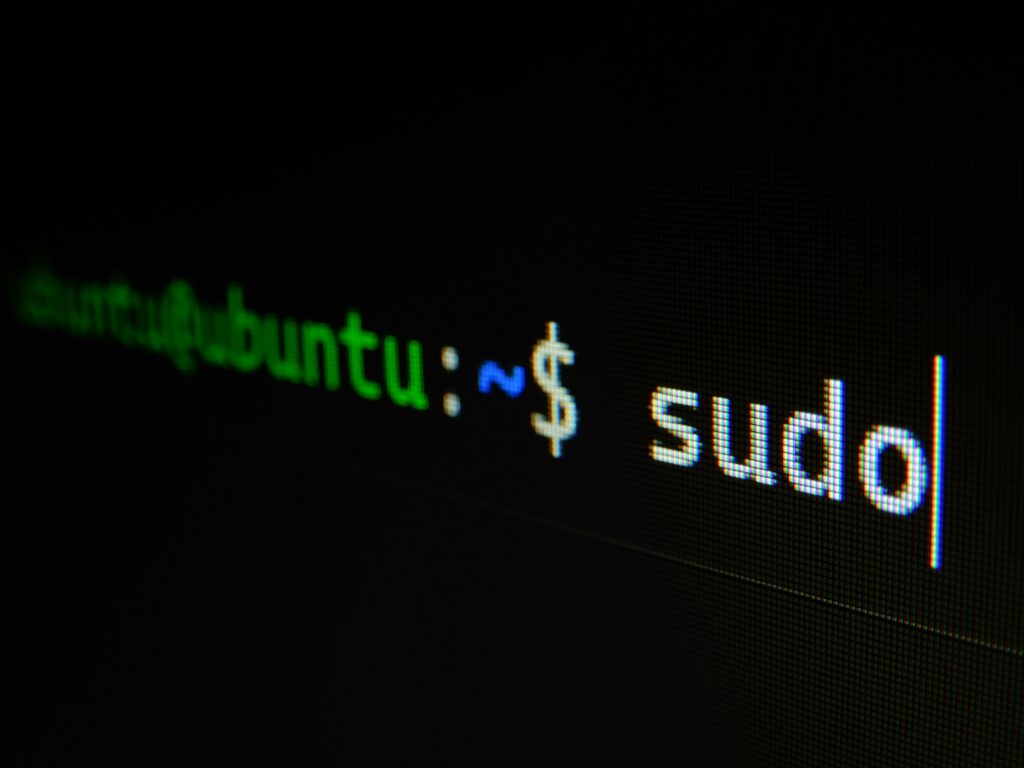From Y Combinator to Techstars and Intel Ignite to SkyDeck, global startup accelerators and incubators have been rocked by the ongoing coronavirus pandemic.
The very nature of shelter in place orders and social distancing requirements continue to interfere with the same startup programs which look to produce world-beating companies and industry-changing ideas.
Even the disrupters have not proven immune to the disruption of the ongoing pandemic. This health emergency is forcing an overhaul of forthcoming accelerator programs and resulting in the majority heading online for the first time.
Accelerators like Techstars have held virtual programs before, like its aptly titled Techstars Anywhere accelerator for founders or startups who cannot attend in person, but the pandemic has forced a large-scale rethink of how programs can and should take place in this context.
The formerly niche concept of online accelerators now serves as an almost inescapable reality, one which is set to change the status quo of startup accelerator programs for the foreseeable future.
Ryan Kuder, who has served as managing director of Techstars Anywhere for the past four years, notes that online accelerators do offer unique benefits that are simply not possible in live programs.
“While you lose a little bit of the human interaction […] what you gain is a lot of flexibility,” he said in a recent interview (video below).
Kuder added, “What we find is that it is actually easier for mentors to engage when they don’t have to block out days for travel, they don’t have to go anywhere, that they can have a half-an-hour call in between other half-an-hour calls.
“We find it to be really great for the founders because it enables them to develop those relationships both formally with their scheduled calls but also informally by pinging people on Slack.”
An early concern of the Anywhere Accelerator – and one which continues to worry major players in today’s startup industry – was whether founders online would develop the same peer relationships as founders in a traditional accelerator.
However, Techstars quickly learned that the relationships that founders in the remote accelerator develop are just as strong or even stronger, Kuder said.
“Because founders are used to being connected online, they never really ‘leave’ the accelerator. This really helps those relationships last,” Techstars Anywhere managing director Ryan Kuder said in another blog post.
“Another advantage that we’ve found is that geography is not a constraint for Techstars Anywhere. Location-based accelerators do a great job building great mentor networks of locally based mentors. Techstars Anywhere has a mentor network comprised of former founders, CEOs and CTOs, investors, service providers, and industry and subject matter experts from around the country, and even a few from around the world. It’s a network that would be very difficult to assemble with a location-based program.”
Lessons learned from the Anywhere Accelerator are now being applied to virtual accelerators across the Techstars ecosystem. As live accelerators suddenly evolve into online accelerators, Kuder said it is integral for both startups and mentors to adjust as best they can to the new startup normal.
“People are working at home with kids, with disrupted routines, in the already amazingly difficult job of starting a company,” he said. “The most important thing for us is just to recognize that everyone is going through this. This is not something that is unique, it is affecting everyone differently.”
“When [founders] are here with us they have this additional layer of support that, hopefully, is something which creates some buoyancy for them.”
Disclaimer: This article includes a client of an ESPACIO portfolio company.












